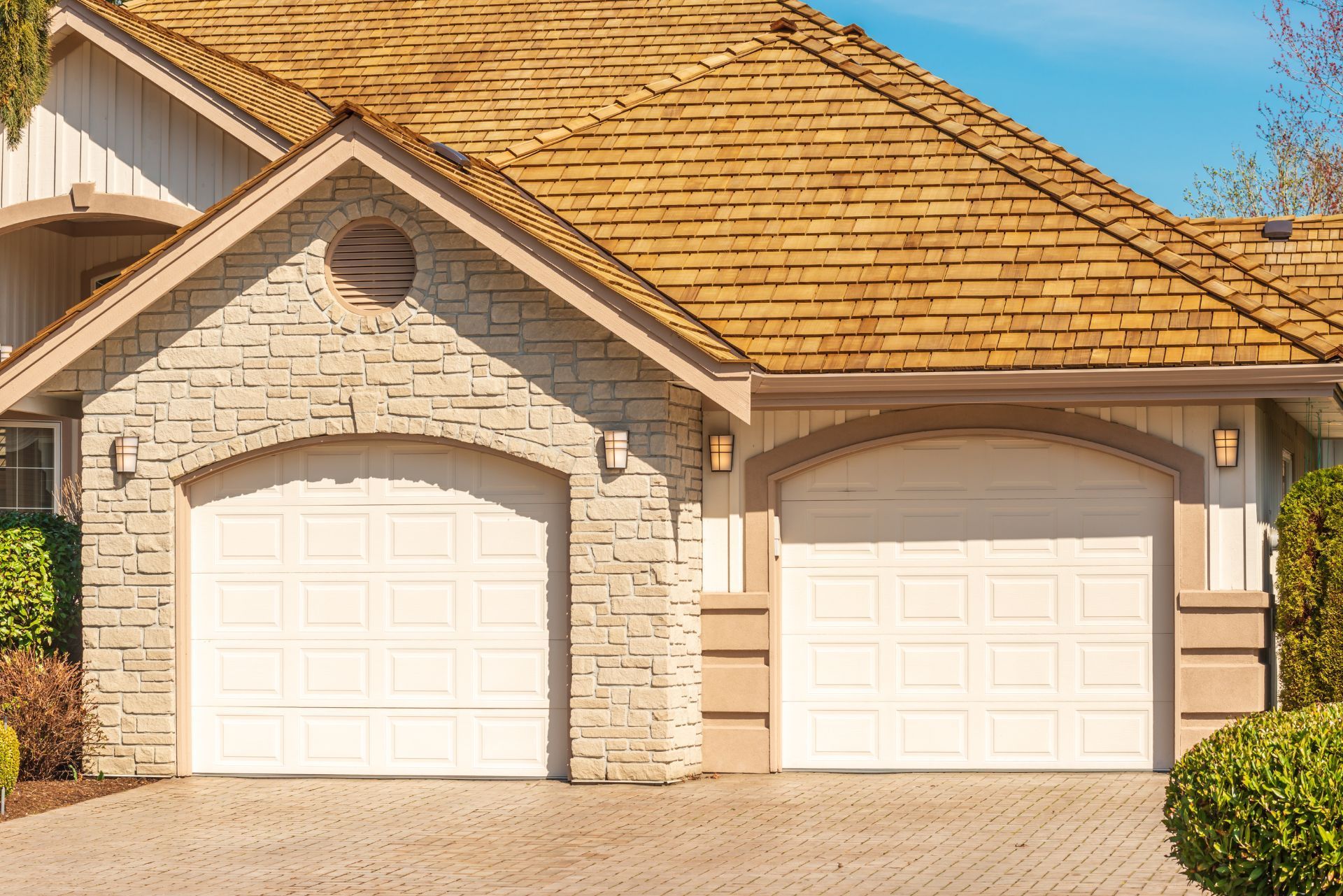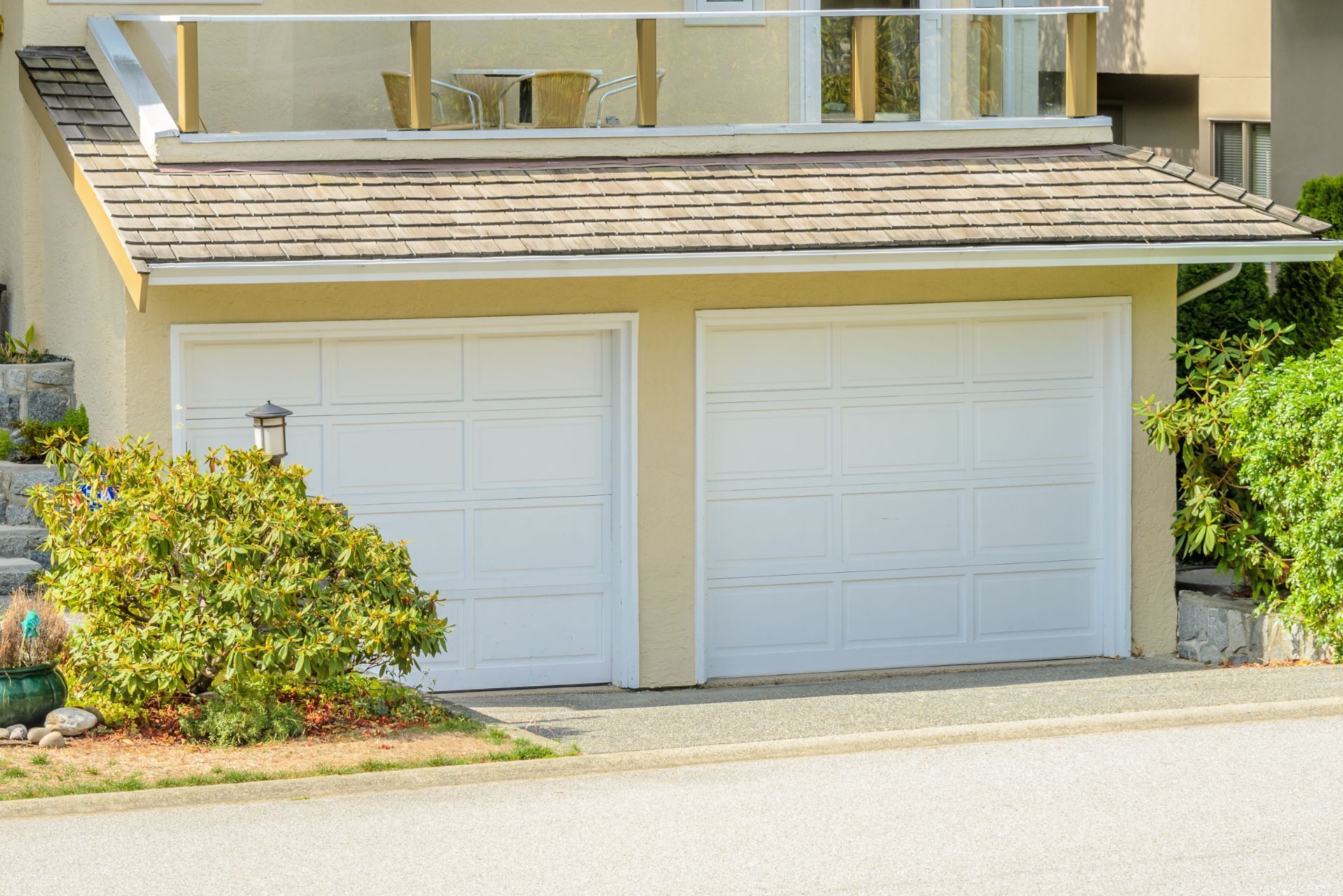Colorado Garage Door Installer Insurance

8:30am - 5:00pm Mon-Fri
We'll Reply in 15min*
Index
Why Insurance Matters for Garage Door Installers in Colorado
Common Risks and Costs in Garage Door Installation and Repair
Key Insurance Policies for Garage Door Installers
Market Trends Impacting Garage Door Installers
Maximizing Your Investment: The Value of Garage Door Replacement
Insurance Cost Considerations and Choosing the Right Provider
Contact Us
Phone
303-421-5123
Location
9035 Wadsworth Parkway
Suite 2730B
Westminster, CO 80021
Garage door installation is a physically demanding trade with unique risks. In Colorado alone, there are 177 garage door installers earning an average annual salary of $41,153, reflecting a specialized workforce serving a growing market. Whether you are just starting out or running an established small business, understanding the insurance landscape is essential to protect your livelihood and your clients.
With garage doors weighing hundreds of pounds and torsion springs storing dangerous amounts of energy, accidents can happen quickly. This makes insurance not just a formality but a critical safety net. For Colorado garage door installers, the right coverage can mean the difference between weathering a costly claim or facing financial ruin.
Before diving into specific policies, it helps to grasp the broader context of the garage door industry and the risks installers face every day. This article breaks down the key insurance needs for small business owners in this field and offers practical guidance to make informed decisions.
Why Insurance Matters for Garage Door Installers in Colorado
Garage doors are heavy and complex. Their torsion springs can cause serious injuries if handled improperly. According to experts, business insurance is crucial because it covers costs if a customer or worker is injured during installation or repair. Without it, a single accident could lead to expensive medical bills or legal claims that threaten your business’s survival.
In Colorado, where 177 professionals work in this trade, having insurance is not just about compliance-it’s about peace of mind. Workers Compensation Insurance, in particular, is vital. It protects installers if they get hurt on the job and helps cover lost wages and medical expenses. One industry specialist emphasizes, “Having the correct Workers Compensation Insurance Policy is super important to your garage door installation business.” This coverage also shields your business from lawsuits related to workplace injuries.
Moreover, the unpredictable nature of the weather in Colorado can add another layer of risk for garage door installers. From heavy snowfalls to sudden thunderstorms, these weather events can create hazardous working conditions. For instance, icy surfaces can lead to slips and falls, while strong winds might cause doors to swing unexpectedly during installation. Business insurance not only provides a safety net for injuries but also covers damages to equipment or property that might arise from such unpredictable weather. This means that installers can focus on their work without the constant worry of unforeseen circumstances derailing their operations.
Given the physical demands and risks, skipping insurance is a gamble no small business owner should take. In addition to Workers Compensation, liability insurance is also essential. This type of insurance protects against claims of property damage or bodily injury that may occur as a result of your work. For example, if a garage door installation inadvertently damages a customer's vehicle or home, liability insurance can help cover the costs associated with repairs or legal fees. This comprehensive coverage not only safeguards your business but also enhances your reputation as a responsible and trustworthy contractor. Learn more about the importance of installation business insurance from Insureon’s expert insights.

Common Risks and Costs in Garage Door Installation and Repair
Garage door repair and installation involve several hazards. Beyond the risk of injury, there is potential for property damage, faulty workmanship claims, and equipment malfunction. For example, in Denver, the average garage door repair cost ranges from $153 to $372, with an average of $258. These figures highlight the financial stakes involved when repairs go wrong or installations fail to meet standards. Additionally, the complexity of modern garage door systems, which often include electronic components and smart technology, can further complicate repairs and increase the likelihood of errors if not handled by experienced professionals.
Clients expect reliable service, and any mistake can lead to costly claims. Liability insurance protects your business from third-party claims related to property damage or bodily injury caused during your work. It covers legal fees and settlements, helping you avoid out-of-pocket expenses that could cripple a small business. Furthermore, the costs associated with not having adequate insurance can be staggering; a single incident could result in thousands of dollars in legal fees and damages, not to mention the potential loss of reputation and future business opportunities.
Understanding these risks is essential to choosing the right insurance coverage. For a detailed look at repair costs and what they mean for installers, visit
Angi’s Denver garage door repair report.
Moreover, it's crucial for contractors to stay updated on industry standards and best practices, as these can evolve with new technologies and materials. Regular training and certification can not only enhance skills but also provide peace of mind to clients, knowing that their garage door systems are in capable hands. Additionally, maintaining a transparent communication line with customers about potential risks and costs can foster trust and lead to repeat business, which is vital in the competitive home service market.
Key Insurance Policies for Garage Door Installers
Several insurance policies are essential for garage door installers to operate safely and legally in Colorado. Here are the main types to consider:
- General Liability Insurance: Covers property damage and bodily injury claims from third parties. This is fundamental for any contractor working on client premises.
- Workers Compensation Insurance: Required in Colorado for businesses with employees, this policy covers medical expenses and lost wages if a worker is injured on the job.
- Commercial Auto Insurance: Protects vehicles used for business purposes, including transporting tools and materials.
- Tools and Equipment Insurance: Covers repair or replacement of essential tools damaged, lost, or stolen.
- Professional Liability Insurance: Also known as errors and omissions insurance, it protects against claims of faulty workmanship or negligence.
Choosing the right mix depends on your business size, the number of employees, and the services you offer. For example, if you employ installers, Workers Compensation is non-negotiable. For sole proprietors working alone, it might be optional but still highly recommended.
To understand how Workers Compensation specifically protects your crew, see insights from Total Work Comp’s Colorado guide.
In addition to these core policies, garage door installers should also consider the benefits of having Cyber Liability Insurance, especially as more businesses rely on digital tools for scheduling and customer management. This type of insurance can protect against data breaches and cyberattacks, which are increasingly common in today's technology-driven world. With sensitive customer information often stored online, having this coverage can safeguard your business from significant financial losses and reputational damage.
Furthermore, installers may want to look into Environmental Liability Insurance. This policy is particularly relevant for those who may be involved in projects that could potentially disturb hazardous materials, such as asbestos in older buildings. Such coverage can help manage the risks associated with environmental claims, ensuring that your business is protected from unforeseen liabilities that could arise during the installation process.
Market Trends Impacting Garage Door Installers
The garage door industry is evolving rapidly. The global market was valued at $11 billion in 2025 and is expected to grow to $15 billion by 2030. This growth is driven by new home construction, replacement demand, and technological advances such as smart garage door openers, which are seeing double-digit annual growth rates.
For installers, this means more opportunities but also changing customer expectations. Over 70% of homeowners use their garage door as the main entry point to their home, making reliability and security top priorities. This trend pushes installers to offer more advanced products and services, which can introduce new risks and require updated insurance coverage.
In addition to smart technology, eco-friendly garage doors are gaining traction as homeowners become more environmentally conscious. Many consumers are now looking for energy-efficient options that can help reduce their carbon footprint. This shift not only enhances the appeal of certain products but also encourages installers to stay abreast of sustainable materials and energy-efficient designs. As a result, installers who can provide eco-friendly solutions may find themselves at a competitive advantage in the marketplace.
Furthermore, the rise of e-commerce has transformed how customers shop for garage doors and related services. Homeowners are increasingly turning to online platforms for research and purchasing, leading to a demand for seamless online experiences. Installers must adapt by enhancing their digital presence, offering virtual consultations, and providing detailed product information online. This evolution in consumer behavior necessitates that installers not only focus on traditional sales techniques but also invest in digital marketing strategies to reach a broader audience.
Staying informed about these trends helps installers prepare for future challenges and tailor their insurance policies accordingly. More on industry growth and smart garage door technology is available at
AAMAX’s industry statistics.

Maximizing Your Investment: The Value of Garage Door Replacement
Replacing a garage door is more than just a maintenance task-it can significantly boost a home’s value. Studies show that a new garage door offers up to a 102% return on investment. This makes garage door installers a key player in home improvement projects that homeowners prioritize.
For small business owners, this statistic underscores the importance of quality workmanship and reliable service. A satisfied customer who sees the value in their investment is more likely to recommend your business and return for future services.
Offering warranties, maintaining high safety standards, and having the right insurance coverage all contribute to building trust and protecting your business’s reputation. For more details on ROI from garage door replacement, visit AAMAX’s blog.
In addition to the financial benefits, a new garage door can enhance the aesthetic appeal of a home. With a variety of styles, materials, and colors available, homeowners can choose a door that complements their property’s architecture and boosts curb appeal. This visual upgrade not only makes the home more inviting but can also attract potential buyers should the homeowner decide to sell in the future.
Moreover, modern garage doors often come equipped with advanced features such as smart technology, which allows homeowners to control their doors remotely via smartphone apps. This convenience not only adds to the overall value of the home but also enhances security, as many new models include features like rolling code technology and built-in alarms. As homeowners increasingly prioritize safety and convenience, investing in a new garage door becomes an even more appealing option.
Insurance Cost Considerations and Choosing the Right Provider
Insurance costs vary based on coverage limits, business size, claims history, and location. For Colorado garage door installers, balancing adequate coverage with affordable premiums is key. General liability and workers comp tend to be the most significant expenses but are critical for comprehensive protection. It's essential to understand the nuances of these policies; for instance, general liability insurance protects against third-party claims for bodily injury or property damage, while workers' compensation covers medical expenses and lost wages for employees injured on the job. This dual-layer of protection not only safeguards your business financially but also enhances your reputation among clients who prioritize safety and professionalism.
Shop around and compare quotes from multiple insurers. Look for providers who understand the specific risks of garage door installation. Some insurers offer bundled policies tailored for contractors, which can reduce costs while ensuring full coverage. Additionally, consider the financial stability and customer service reputation of the insurer. A company with a strong track record in the construction sector will likely provide better support and resources tailored to your needs. Furthermore, inquire about any discounts that may apply, such as those for maintaining a clean claims history or implementing safety training programs for your staff.
Ask about claims support and how quickly they respond to incidents. A reliable insurer can make a big difference when you need help the most. In the event of a claim, having a dedicated claims adjuster who understands the intricacies of garage door installation can expedite the process and ensure that you receive the compensation you deserve. Moreover, consider the insurer's approach to risk management; some companies offer valuable resources, such as safety training and risk assessment tools, which can help you minimize potential claims and enhance workplace safety. This proactive approach not only protects your employees but also contributes to the long-term sustainability of your business.
What Every Small Business Owner Should Remember
Garage door installation is a skilled trade with inherent risks. Insurance is not optional-it is a necessary investment to keep your business running smoothly. From protecting your workers to covering liability claims, the right insurance safeguards your financial future.
Colorado installers face a competitive market with growing opportunities. Staying informed about industry trends and maintaining strong safety and insurance practices will help you stand out and thrive.
Remember, the best insurance policy is one that fits your unique business needs and evolves as your company grows.
Frequently Asked Questions
Q: Is Workers Compensation insurance mandatory for garage door installers in Colorado?
A: Yes, if you have employees, Colorado law requires Workers Compensation insurance to cover workplace injuries.
Q: What does general liability insurance cover for garage door installers?
A: It covers third-party claims for bodily injury or property damage caused during your work.
Q: Can I get insurance if I am a sole proprietor with no employees?
A: Yes, you can and should get general liability and other relevant coverages, though Workers Compensation may be optional.
Q: How much does garage door repair typically cost in Denver?
A: Repairs usually range between $153 and $372, averaging around $258.
Q: Why is insurance important for handling torsion springs?
A: Torsion springs are dangerous and can cause serious injury. Insurance protects you from the financial fallout of accidents involving these components.
Q: Are smart garage door openers changing insurance needs?
A: Yes, the rise of smart technology introduces new risks and may require updated coverage to protect against product liability or cyber risks.




